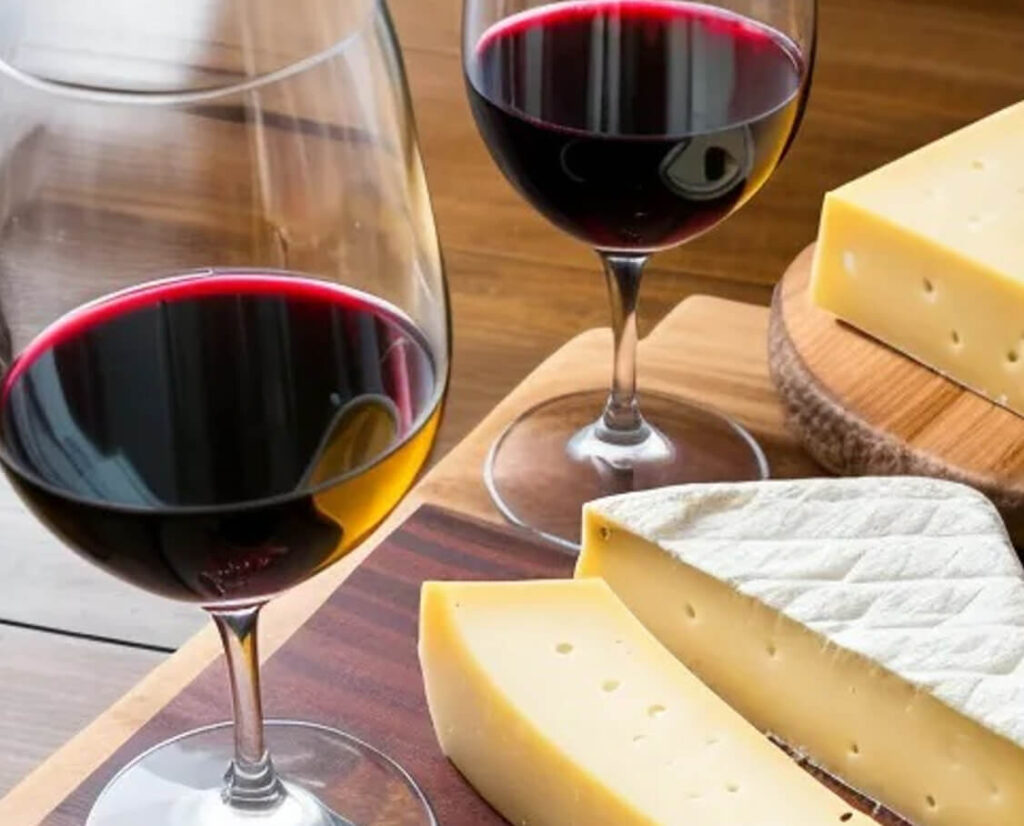Red wine may help reduce cognitive decline and cleanse the brain.
In a widely publicized 2018 study in The Lancet, researchers concluded that there are no health benefits, only risks, to drinking any quantity of alcohol. But did the researchers overstate the risks of low to moderate, 1-2 drinks per day alcohol consumption, because their respondents hid their actual level of intake? Did they actually report on the effects of high intake of alcohol?
That’s the conclusion of a recent article in JAMA Internal Medicine, which found that most study respondents underreported their alcohol consumption by 40-60%, or 1-2 drinks per day. It turns out that 30% of heavy drinkers try to hide their drinking by saying they only drink 1-2 drinks per day.
“If 30% of at-risk drinkers underreport their drinking by 1 to 2 drinks per day, and if 30% of heavy drinkers try to hide their drinking by saying they only drink 1 to 2 drinks per day, this underreporting could lead to biased study findings that misrepresent a reality in which 1 drink per day reduces the risk of adverse health outcomes”.
And in another study just published, researchers from Iowa State University analyzed data from the UK Biobank in which participants took a cognitive test (FIT) and were asked about their intake of fresh fruit, dried fruit, raw vegetables and salad, cooked vegetables, oily fish, lean fish, processed meat, poultry, beef, lamb, pork, cheese, bread, cereal, tea and coffee, beer and cider, red wine, white wine and champagne and liquor.
Each participant took the Fluid Intelligence Test (FIT), an in-time snapshot of an individual’s ability to “think on the fly. Tests and diet questions were administered at baseline years 2006-2010 and repeated in 2012-2013 and again in 2015-2016.
The results found that the regular consumption of cheese and red wine was associated with a slowing of cognitive decline more than any other dietary factor detected.
That’s consistent with other research, including studies like this one in Nature. (Beneficial effects of low alcohol exposure, but adverse effects of high alcohol intake on glymphatic function). Red wine may help reduce cognitive decline and cleanse the brain. They report that the benefits of red wine are partially related to its ability to increase the cleansing of beta amyloid from our brains via up-regulation of the brain’s waste-removing glymphatic system.

If you are honest and don’t lie to yourself about how much you consume, a little wine and cheese this holiday could be good news.
Conversely, the same study found that higher intakes of alcohol had the opposite effect, i.e. chronic 1.5 g/kg ethanol intake induced reactive gliosis and perturbed glymphatic function, which would contribute to the higher risk of dementia observed in heavy drinkers.
Lots to think about, but the clear take-aways are that: 1) A little red wine is good news, 2) Higher alcohol intake is bad news, and 3) If you are honest and don’t lie to yourself about your consumption, a little wine and cheese this holiday can be good news.
Dr. Noel Peterson has practiced regenerative and orthopedic medicine in Lake Oswego, Oregon, since 1978. He is a Diplomate of The American Academy of Pain Management.
Sources
- GBD 2016 Alcohol Collaborators, Alcohol use and burden for 195 countries and territories, 1990–2016: a systematic analysis for the Global Burden of Disease Study 2016, Lancet 2018; 392: 1015–35 Published Online August 23, 2018 http://dx.doi.org/10.1016/ S0140-6736(18)31310-2
- Vance MC, Caverly TJ, Hayward RA. Under appreciated Bias Created by Measurement Error in Risk Factor Assessment—A Case Study of No Safe Level of Alcohol Consumption. JAMA Intern Med. 2020;180(3):459–461. doi:10.1001/jamainternmed.2019.6116
- Iowa State University. “Diet modifications — including more wine and cheese — may help reduce cognitive decline, study suggests.” ScienceDaily. ScienceDaily, 10 December 2020.
- Lundgaard, I., Wang, W., Eberhardt, A. et al.Beneficial effects of low alcohol exposure, but adverse effects of high alcohol intake on glymphatic function. Sci Rep 8, 2246 (2018).
Header photo by Kelsey Knight on Unsplash



